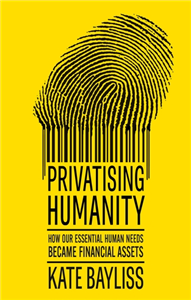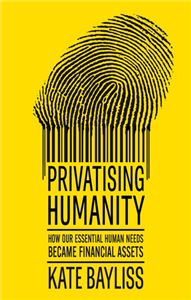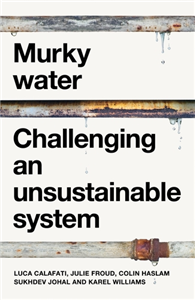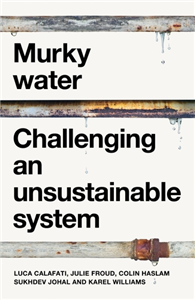Our common wealth
The return of public ownership in the United States
by Thomas M. Hanna
Public ownership is more widespread and popular in the United States than is commonly understood. This book is the most comprehensive and up-to-date analysis of the scope and scale of U.S. public ownership, debunking frequent misconceptions about the alleged inefficiency and underperformance of public ownership and arguing that it offers powerful, flexible solutions to current problems of inequality, instability, and unsustainability- explaining why after decades of privatization it is making a comeback, including in the agenda of Jeremy Corbyn's Labour Party in Britain. Hanna offers a vision of deploying new forms of democratized public ownership broadly, across multiple sectors, as a key ingredient of any next system beyond corporate capitalism. This book is a valuable, extensively researched resource that sets out the past record and future possibilities of public ownership at a time when ever more people are searching for answers.

















